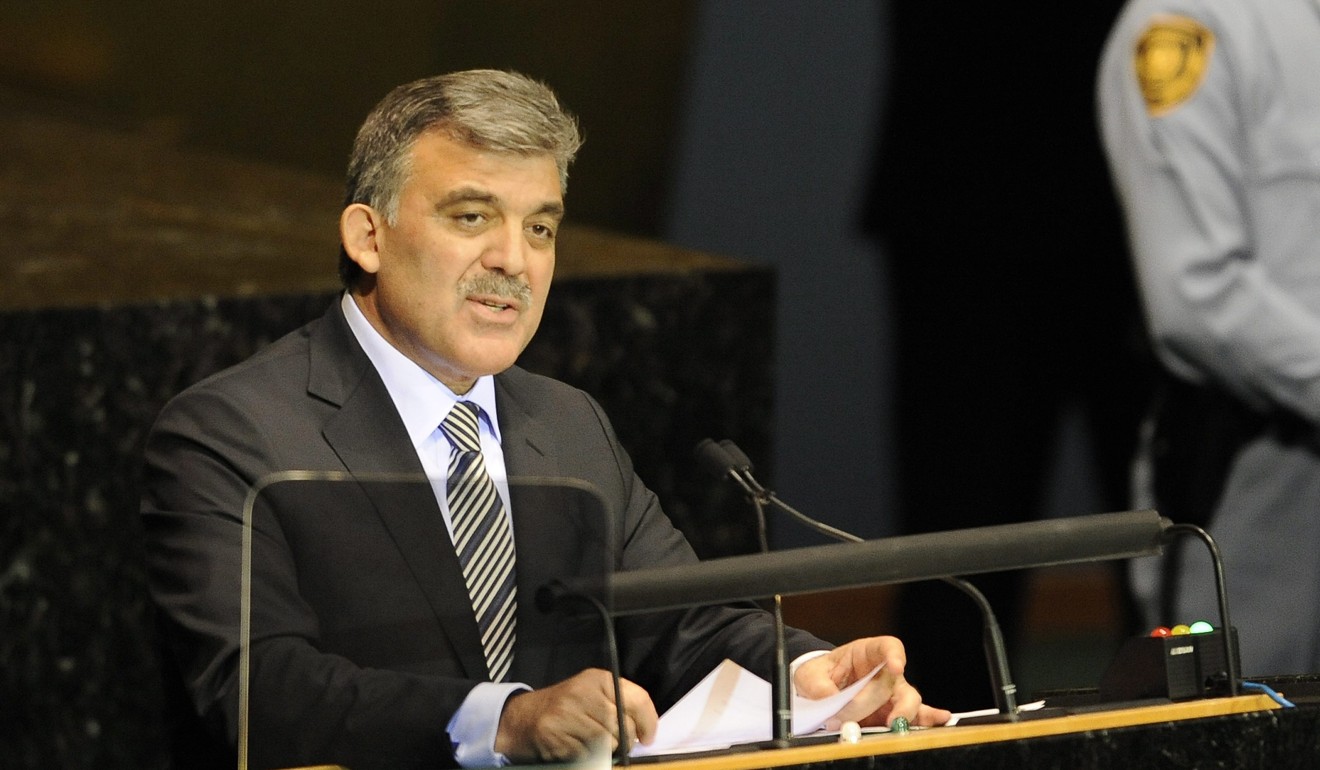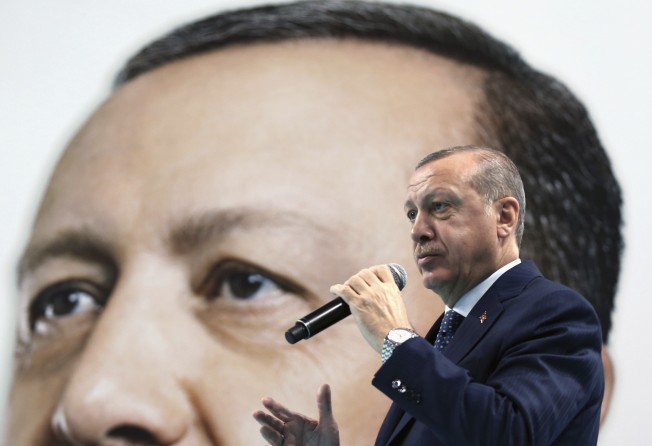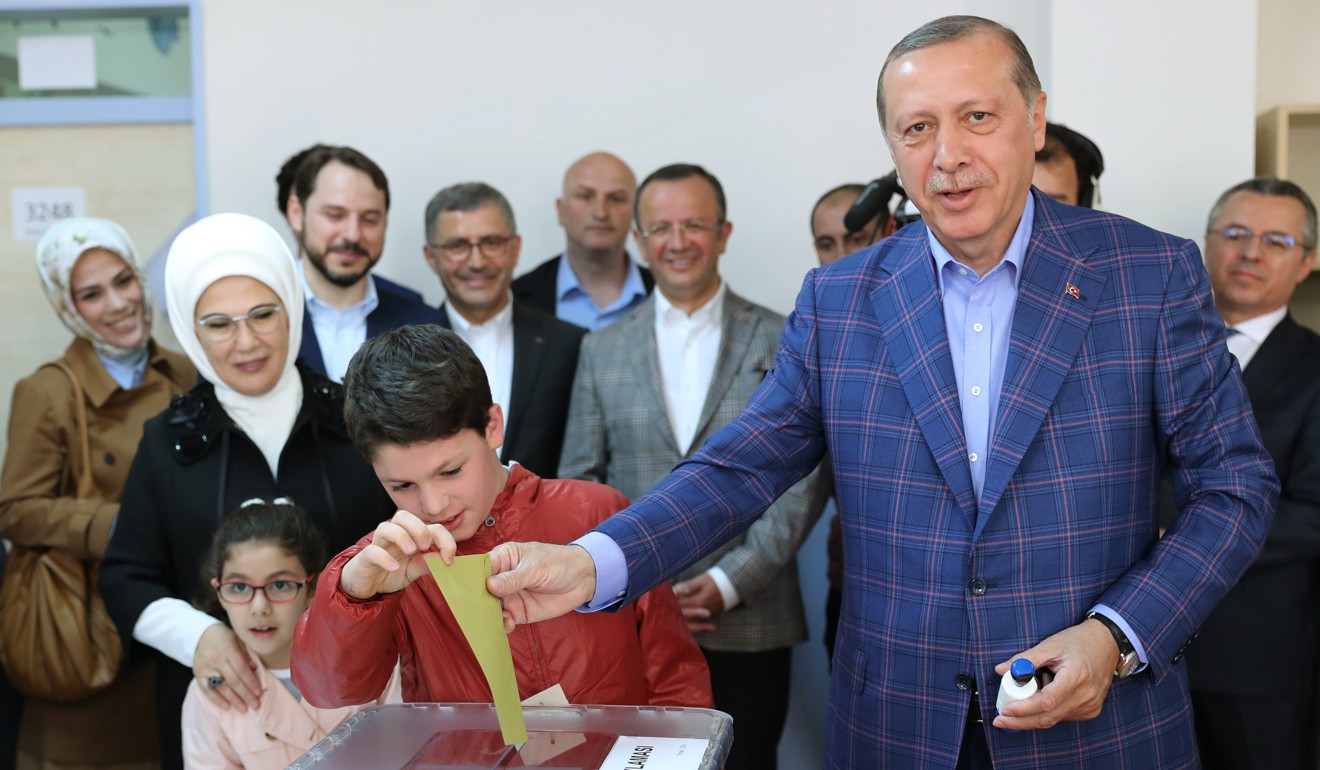
Once comrades, Turkey’s President Erdogan and his predecessor are openly feuding
Is former president Abdullah Gul planning to run against Erdogan?

A long simmering feud between Turkish President Recep Tayyip Erdogan and his predecessor and one-time comrade Abdullah Gul has erupted into an acrimonious public row, raising questions about the former head of state’s future political intentions.
Gul and Erdogan co-founded the ruling Islamic-rooted Justice and Development Party (AKP) that dominated Turkish politics since 2002, with Gul serving as premier, foreign minister and then president from 2007-2014.

Gul was said to be particularly unhappy over an April referendum Erdogan called – and narrowly won -to expand the powers of the presidency.
But an emergency decree issued last month which says civilians would not face legal action over any behaviour in thwarting the 2016 coup sparked fears of mob rule and a rare intervention from Gul.
Gul labelled the decree “worrisome in terms of the understanding of the rule of law” and risked “developments in the future that would upset us all.”
Erdogan, without naming Gul, spat back those worried about the decree were no different from people who turned down the constitutional changes in the April referendum.
Abdulkadir Selvi, pro-Erdogan columnist in the Hurriyet newspaper, added fuel to the flames saying talk was growing that Gul could emerge as a presidential candidate of the Turkish opposition to challenge Erdogan in 2019 elections.

Gul then hit back at criticism from “some MPs and trolls”, saying that they “exceeded the limits of morality.”
“As a person who believes in freedom of thought and expression, one of the founding principles of our party, I will continue to express my opinion on occasions I deem necessary.”
The nationalist Aydinlik newspaper added that Gul had been engaged in “election traffic” with an intensive travel schedule that included trips to Qatar, Saudi Arabia, Britain as well as keeping in close touch with ex-premier Ahmet Davutoglu who was ousted in 2016.
Analysts say that the current row represented a new step by Gul, a prudent figure who has so far kept any criticism of his former ally private.
But it would also be premature to assume Gul was throwing down a gauntlet to Erdogan ahead of the 2019 elections that could ultimately result in a ballot box showdown.
“Despite the rifts that emerged between the two from time to time, they have never been rivals,” said pollster Adil Gur, who runs A&G Research.
“I believe Gul will not run as candidate and even if he does, I don’t think he will have any chance,” Gur said.
The dispute likely first erupted in May-June 2013 when Erdogan refused any compromise faced with unprecedented anti-government protests whereas Gul advocated a more conciliatory approach.
The referendum appears to have been a breaking point, with Gul reportedly refusing to back the presidential system plan in a tense hours-long meeting with Erdogan ahead of the poll.
Gareth Jenkins, Istanbul-based non-resident senior research fellow at the Silk Road Studies Program, said Gul’s best chance of returning to frontline politics would be within the AKP in the event of an anti-Erdogan rebellion in the party.
He said that to mount any serious challenge Gul would have to regain the trust of Erdogan opponents lost due to his prolonged silence on key issues and reluctance for public confrontation.
“He would have to make a lot of sacrifices and prepared to take risks before anybody takes him seriously as an opponent,” Jenkins said.
But he acknowledged that nonetheless Gul was “a little bit braver” in the last week compared with the past.